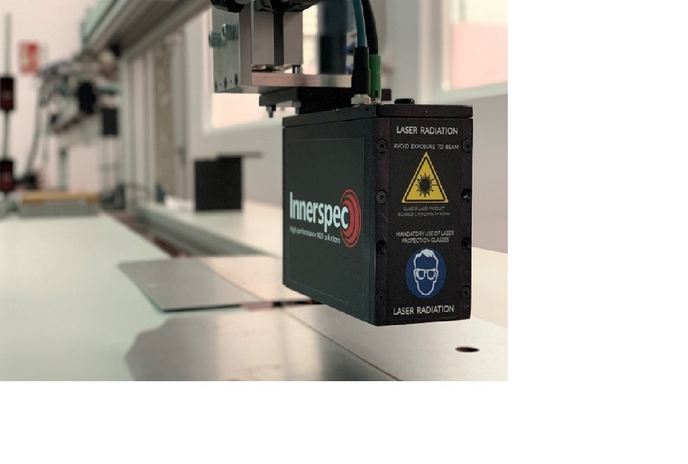Sustainability meets academia
The concept of sustainability guarantees the well-being of future generations and should be part of all disciplines and industries across the board. One endeavour in this respect has been the EU-funded project Lalsus. Researching opportunities to embed sustainability at the UOG, Lalsus hoped to promote sustainability and support policymaking to this end. As such, the project fostered a culture of interdisciplinary collaboration and development of research capacity, supporting in particular early career researchers and their supervisors. It also looked at enhancing the professional capacity of teaching staff related to sustainability through curriculum change, helping students to address sustainability in their careers once they graduate. Lalsus established the network of Post-Graduate Researchers Interested in Sustainability Matters (PRISM), bringing together early career researchers in order to support the project. The network also included experienced researchers and supervisors to communicate applied practice in interdisciplinary research in sustainability. PRISM then hosted online interactive seminars and a conference in 2011, elaborating interdisciplinary research themes under the UOG's International Research Institute in Sustainability (IRIS). With respect to enhancing the curriculum, the project team worked closely with department heads and teaching staff and encouraged cross-departmental dialogue, in addition to conducting staff workshops, training and seminars. Lalsus also established links and conducted joint actions with universities in Australia and the rest of Europe including the United Kingdom, promoting the key objectives of the project. Sustainability was successfully introduced in the University's different departments and 13 insightful publications on the topic were disseminated through various activities and workshops. The impact of these publications and the project on the whole are expected to positively influence educational institutions in both Australia and Europe.







